Egypt’s Sisi threatens Ethiopia with war over Nile dam
Egypt’s President Abdel Fattah el-Sisi has threatened neighboring Ethiopia with potential war over a contested dam that the latter country has been building on the Nile River, affecting a major Egyptian water source.
“I am telling our brothers in Ethiopia, let’s not reach the point where you touch a drop of Egypt’s water, because all options are open,” Sisi said on Wednesday.
But he also cautioned that the region had already “witnessed the cost of any confrontation,” referring to past regional conflicts.
The remarks came after the latest round of three-way talks on the Grand Ethiopian Renaissance Dam (GERD) ended without result in the Democratic Republic of the Congo (DRC)’s capital, Kinshasa, on Tuesday.
The Ethiopian project would affect both Egypt and Sudan, which were present in the talks along with Ethiopia.
Sisi said Egypt and Sudan were coordinating on the issue, stressing that “cooperation and agreement are much better than anything else.”
Egypt had already said that the Kinshasa talks were the last chance to reach an agreement before Ethiopia begins to fill the dam for the second year in a row after seasonal rains begin this summer.
Last week, Sisi said there would be “inconceivable instability in the region” if Egypt’s water supply were affected by the dam.
For roughly the past decade, Egypt, Ethiopia, and Sudan have been in talks to secure an agreement on unresolved issues related to the potential impact of the $4.6-billion GERD on their water security.
Ethiopia insists that the project is vital for its electrification and development needs.
Egypt, which depends on the Nile for some 97 percent of its irrigation and drinking water, fears that the filling of the dam will eventually trigger a water shortage crisis in the event of a prolonged drought.
The Egyptian government claims that if it takes five years to fill the Ethiopian dam, it will reduce Egypt’s water supply by 36 percent and destroy half of the country’s farmland.
Sudan, Ethiopia’s northern neighbor, is also concerned about the potential consequences of GERD’s construction for its own dams, as well as for the safety of its population and farmland from flooding that could result from faults in the construction or operation of the dam.
The Ethiopian government has refuted claims that the dam will have a detrimental effect on the downstream water flow into Sudan and Egypt.
Sudan ready to escalate politically
Separately on Wednesday, Sudanese Irrigation and Water Resources Minister Yasser Abbas issued a warning, saying his country stood ready to harden its stance in the dispute and lobby at the highest international levels.
“There is a path of political escalation, and all options are open to Sudan according to international law, including returning [the matter] to the UN Security Council and hardening policy… [if] Ethiopia embarks on a second filling [of the dam] without agreement,” Abbas said at a news conference in the capital, Khartoum.
Ethiopia says using ‘own water’
However, Ethiopian Water Minister Seleshi Bekele rebuffed accusations that Ethiopia was using another country’s water.
“We are not utilizing water generated from Egypt or Sudan as water doesn’t flow upstream to Ethiopia,” he said at a news conference on Wednesday.
“We are utilizing water from Ethiopia for our dire need following equitable and reasonable utilization without causing significant harm to our neighbors,” he added.
He also sought to defuse the tensions, saying, “There is no need to enter an unnecessary war. A war can’t start because of water. Water flows if you fight today, it’ll continue to flow tomorrow.”
Seleshi stressed that Ethiopia would continue filling the dam’s massive reservoir as scheduled during the upcoming rainy season, which normally begins in June or July.
“As construction progresses, filling takes place,” the Ethiopian minister said. “We don’t deviate from that at all.”
Egypt and Sudan have accused Ethiopia of intransigence in the latest round of the talks, saying Addis Ababa rejected suggestions to restart negotiations in advance of the second filling of the dam this year.
Ethiopia said on Tuesday that it could not enter into an agreement that infringed on its rights to utilize the Nile.
Sudan and Egypt were also aligned on a proposal to include the European Union (EU), the United States, and the United Nations (UN) as mediators in addition to the African Union (AU).
Both countries said Ethiopia rejected the proposal during the meeting, which Seleshi said was part of an attempt to cause a delay, according to state-run Ethiopian news agency FANA.
US war on Iran burns past $1bn in early days, with total projected to exceed $95bn
US officials warn of challenges posed by Iranian drones
'We warned repeatedly about the limit to our patience': Hezbollah leader
IRGC announces 'blinding' US, Israel's eye in region; vows harsher retaliation coming
Iraqi resistance leader urges Americans to ‘reclaim’ country from Israeli ‘puppet Trump
Iran blasts US-Israeli use of autonomous killer systems against civilians as 'war crime'
US-Israeli aggression left Tehran with no choice but to defend Itself: President Pezeshkian
Iran urges immediate intl. action against US attacks on schools


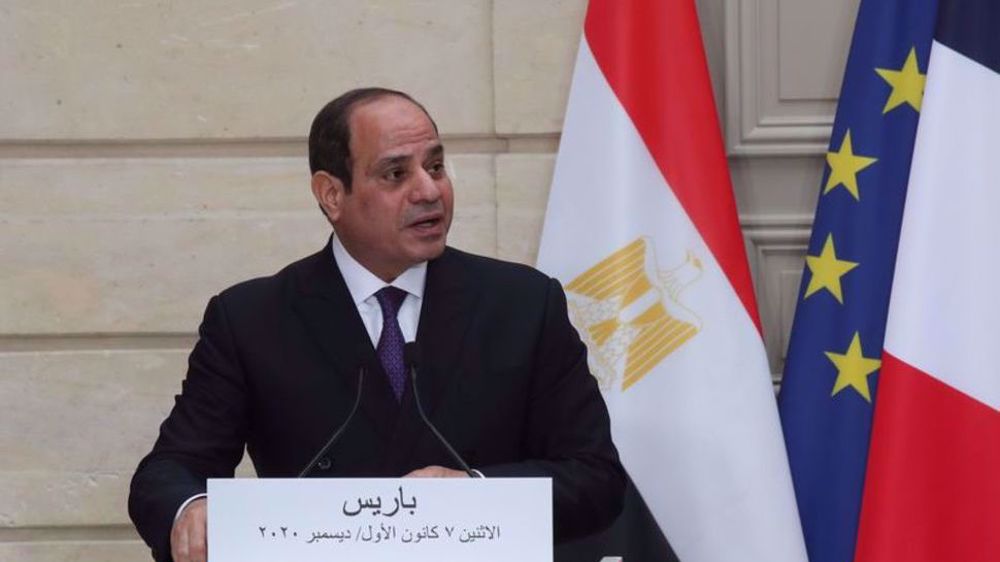
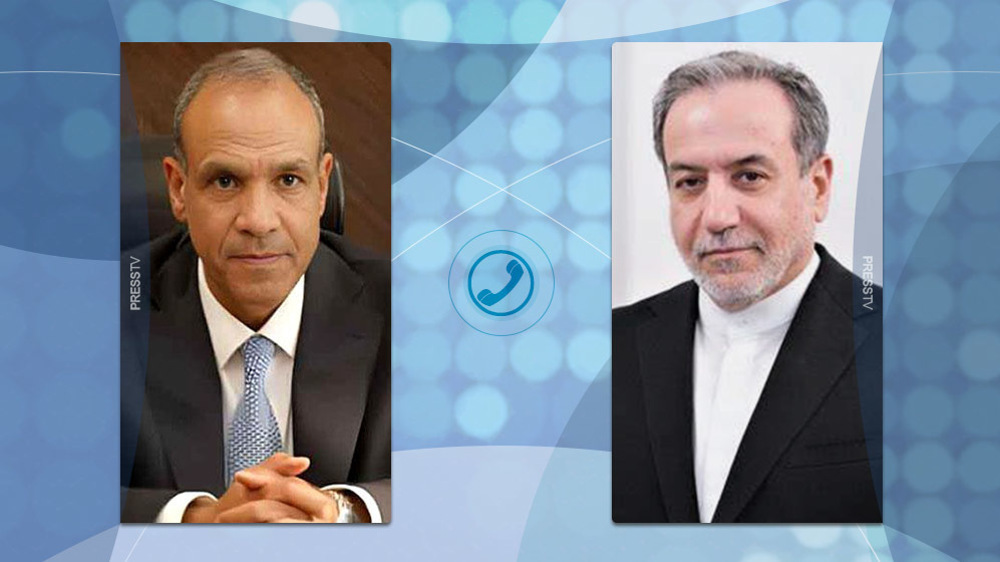
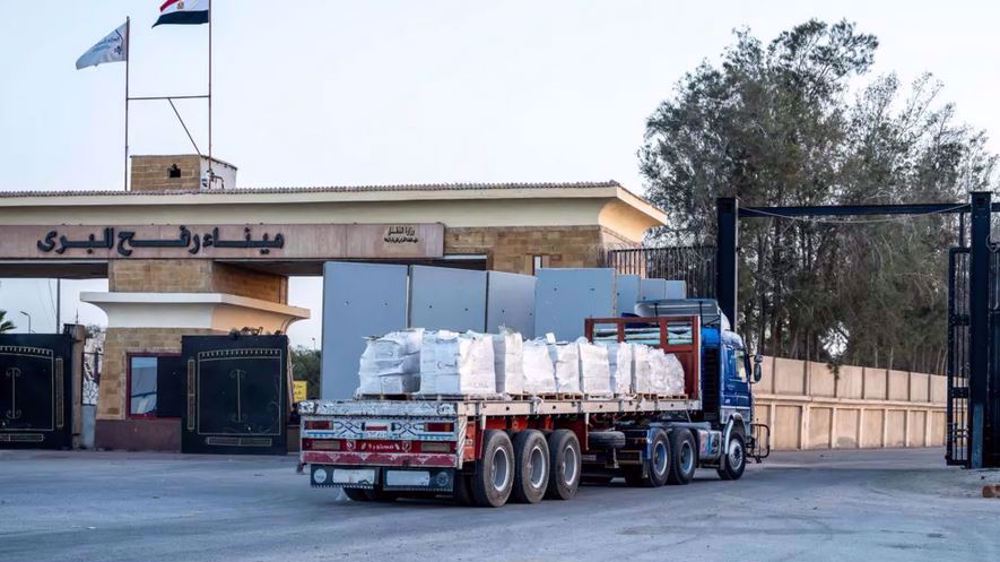
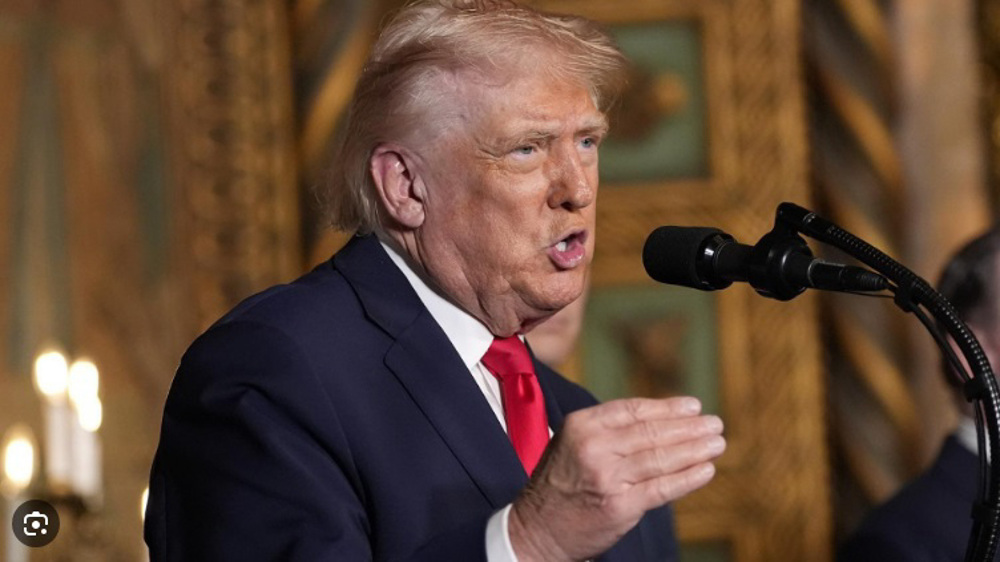



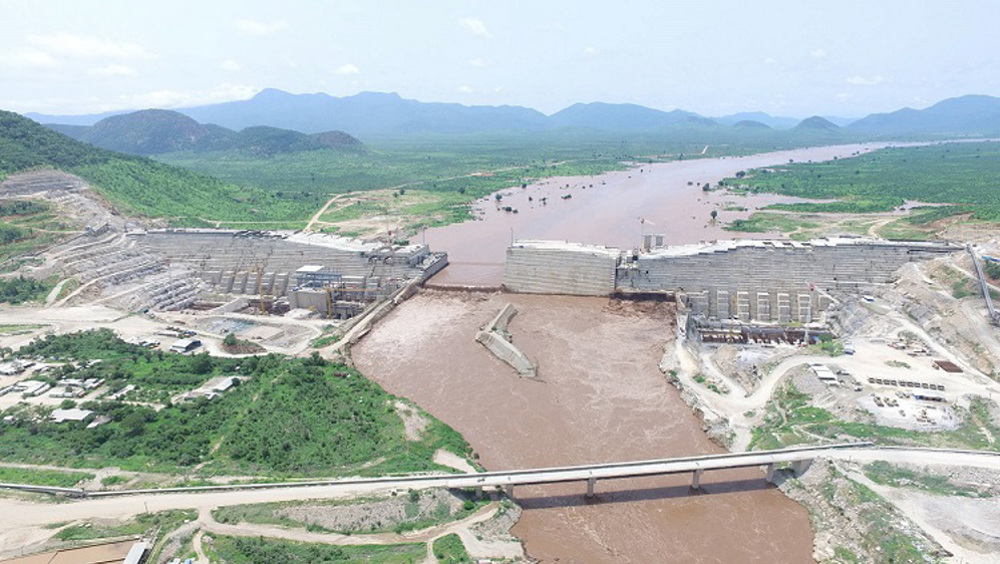
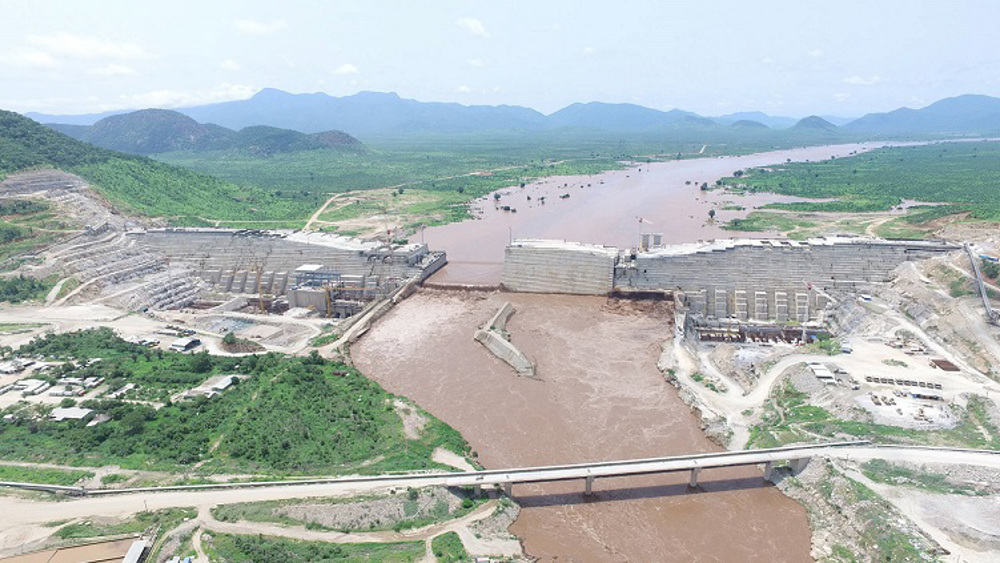

 This makes it easy to access the Press TV website
This makes it easy to access the Press TV website